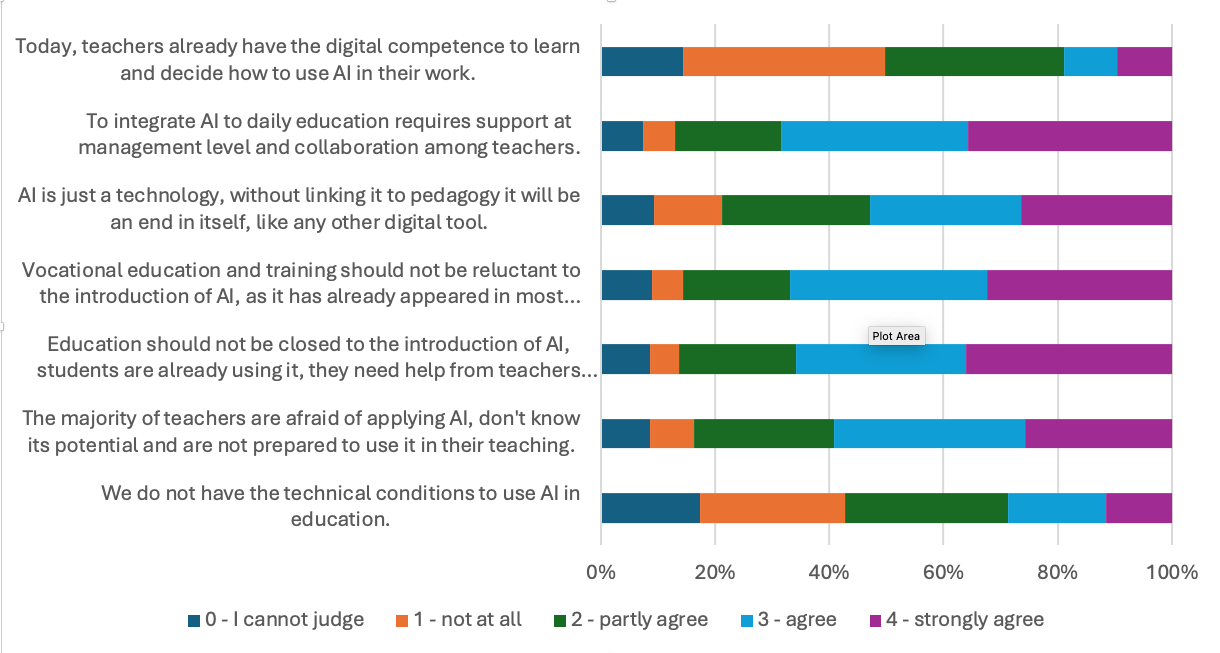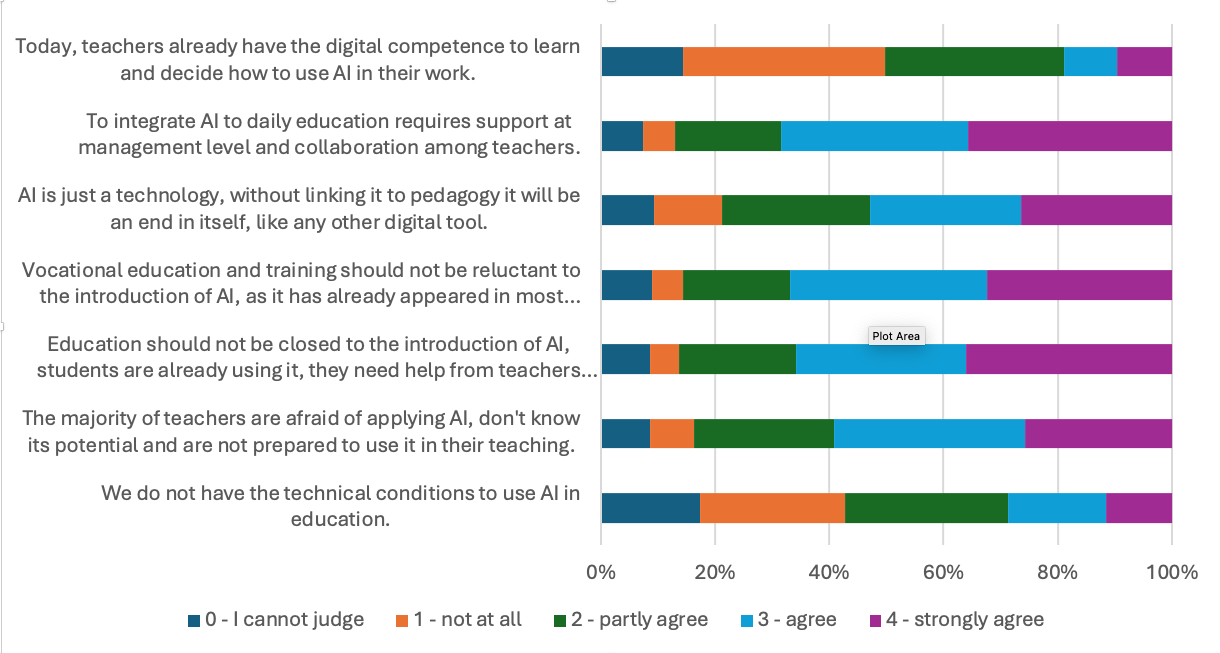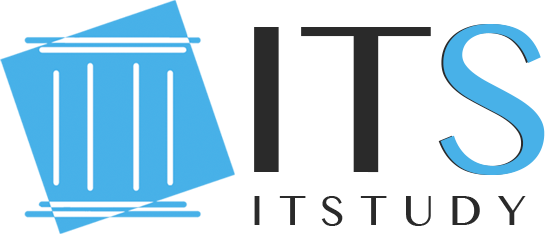
Laser Safety: Web-based laser safety modules for vocational education/training
A wide variety of new laser sources are being introduced in the photonics and laser technology sectors, requiring the development of laser safety skills and competences of workers.
The project proposal aims to develop professional skills in laser safety through online training. To this end, three innovative training modules will be developed, tested and validated by the participants according to the needs of the European photonics and laser technology sector.
The objective will be achieved through the following methodology: analysis of emerging requirements in the field of laser safety, data collection, collation and analysis, creation of new innovative knowledge in the form of interactive training modules and their dissemination through e-learning systems and the Internet.
Project information
- Website: https://lasersafety.rta.lv/
- ID: 2018-1-LV01-KA202-046957
- Program: Erasmus+ KA202
- Type: strategic partnership
- Partner countries (and institutions): Latvia (Rēzeknes Tehnoloģiju akadēmijā – coordinator), Hungary (iTStudy Hungary Számítástechnikai Oktató- és Kutatóközpont Kft.), Bulgaria (Association „European Center for Education, Science and Innovation”; University of Ruse „Angel Kanchev”; Veda Consult), Germany (SWA Bildungsakademie GmbH), Romania (Universitatea din Pitești)
- Duration: 1 September 2018 – 31 August 2021

Project news
The project starts in September of 2025. We share here the results of our preliminary research in 2024 aimed to get clear evidence, that there is a strong need for guiding vocational teachers to understand the basic concepts of artificial intelligence and to equip them with the knowledge and skills to effectively integrate artificial intelligence (AI) into their teaching.
As part of the proposal development process, the project partnership conducted an online survey to assess vocational teachers' readiness, attitudes, and needs related to the integration of Artificial Intelligence (AI) in education.
Survey period: 17–23 July 2024 Platform: EU Survey portal Sample size: 269 valid responses Countries represented: Hungary (29.89%), Italy (35.06%), Spain (21.77%), Lithuania (12.18%) Gender distribution: 56.83% female, 42.44% male Educational background: 68.27% held a master’s degree (MSc), but only 9.96% had vocational qualifications Teaching experience: 73% had over 11 years of experience |
The primary objective of the survey was to validate the following preliminary assumptions:
Vocational teachers often face uncertainty and hold misconceptions about AI.
Teachers acknowledge the increasing importance of AI in the labor market and recognize the need to adapt accordingly.
Although students are already engaging with AI technologies, many teachers feel unprepared to incorporate them into their teaching practices.
Educators show a willingness to adopt AI in the classroom but require targeted professional development to do so effectively.

MAIN CONCLUSIONS
Teachers expressed both optimism and caution regarding AI’s role in education. While 43% agreed that AI is essential for the labor market, over 50% believed that most teachers are not yet prepared to integrate AI into their classrooms. Furthermore, teachers stressed that effective AI integration requires managerial support and teacher collaboration.
The survey results clearly justify the relevance of the project’s aims, confirming that vocational teachers need targeted support to understand and apply AI in their teaching and that there is strong interest in student-centered, AI-integrated methodologies aligned with labor market demands.
More details in the document: Secondary School Teachers' Attitudes Toward AI Integration in Teaching - Survey across four European countries.
Information: maria.hartyanyi@itstudy.hu
